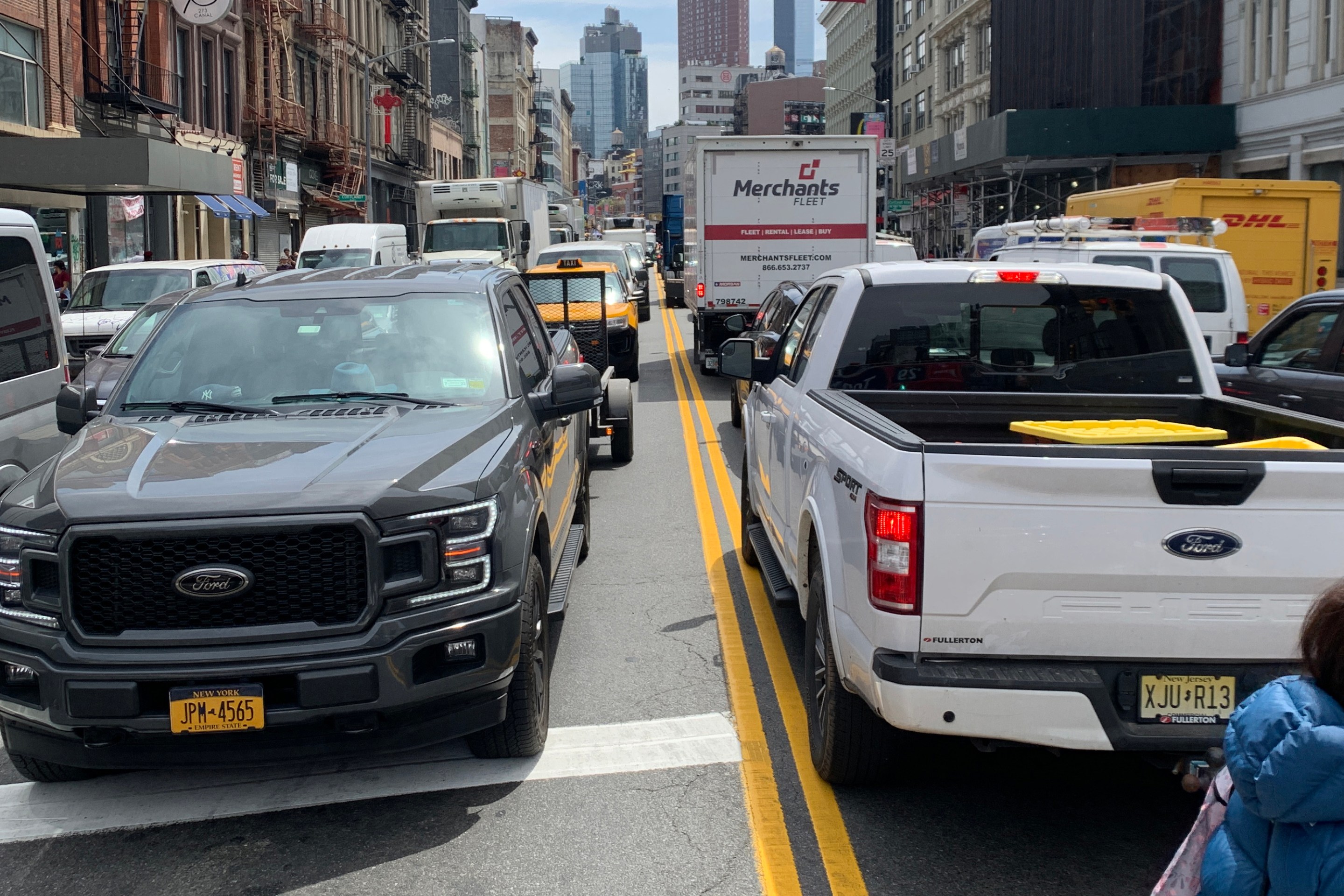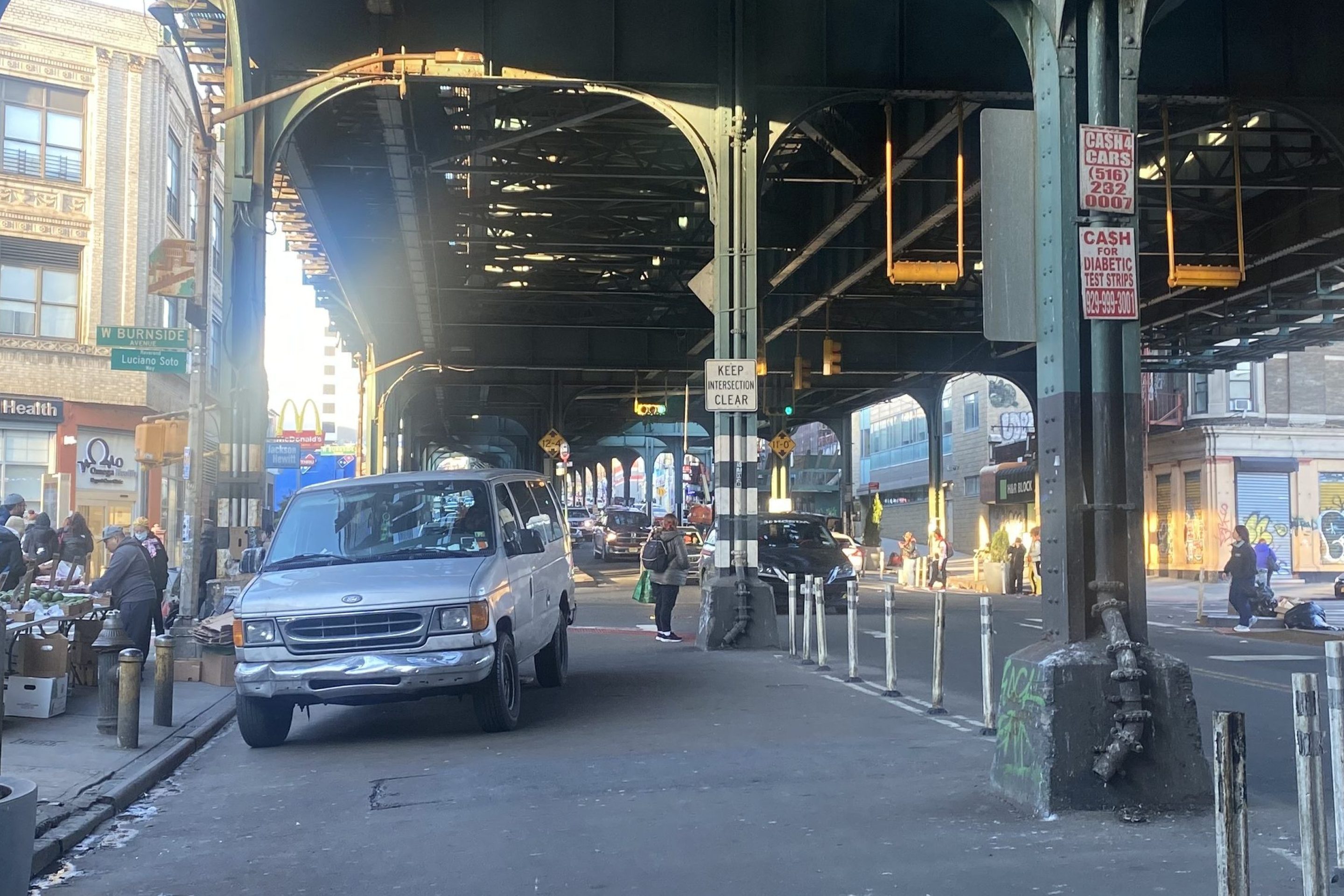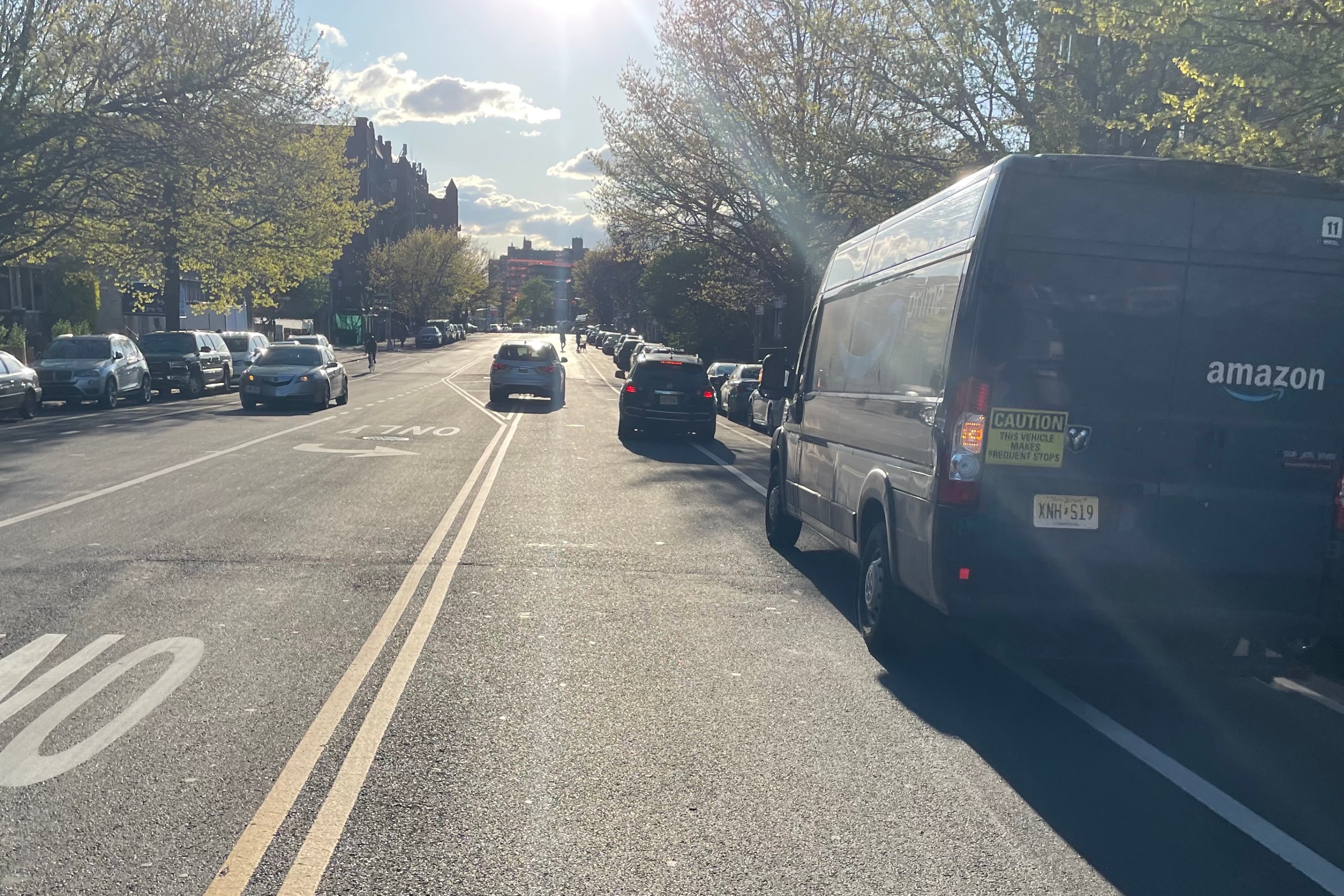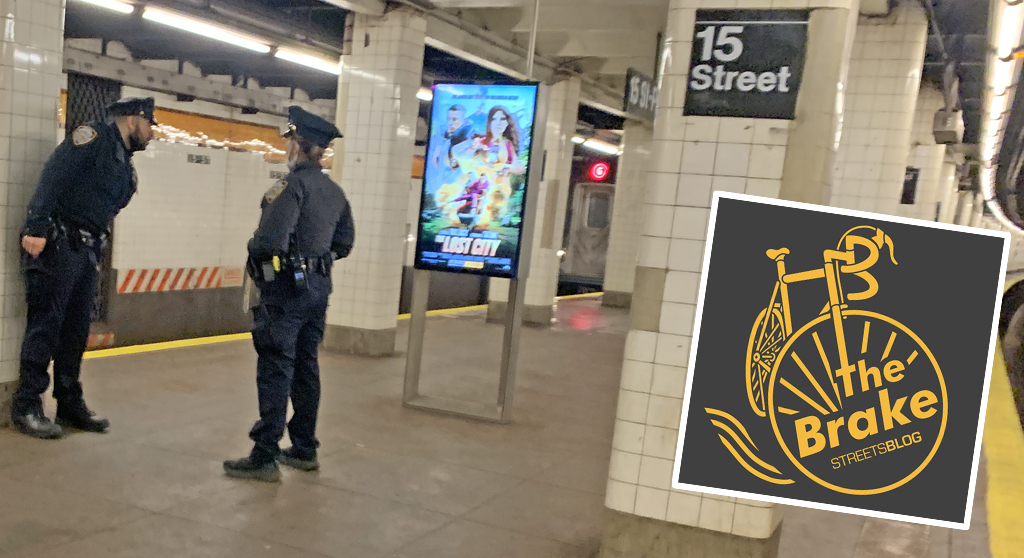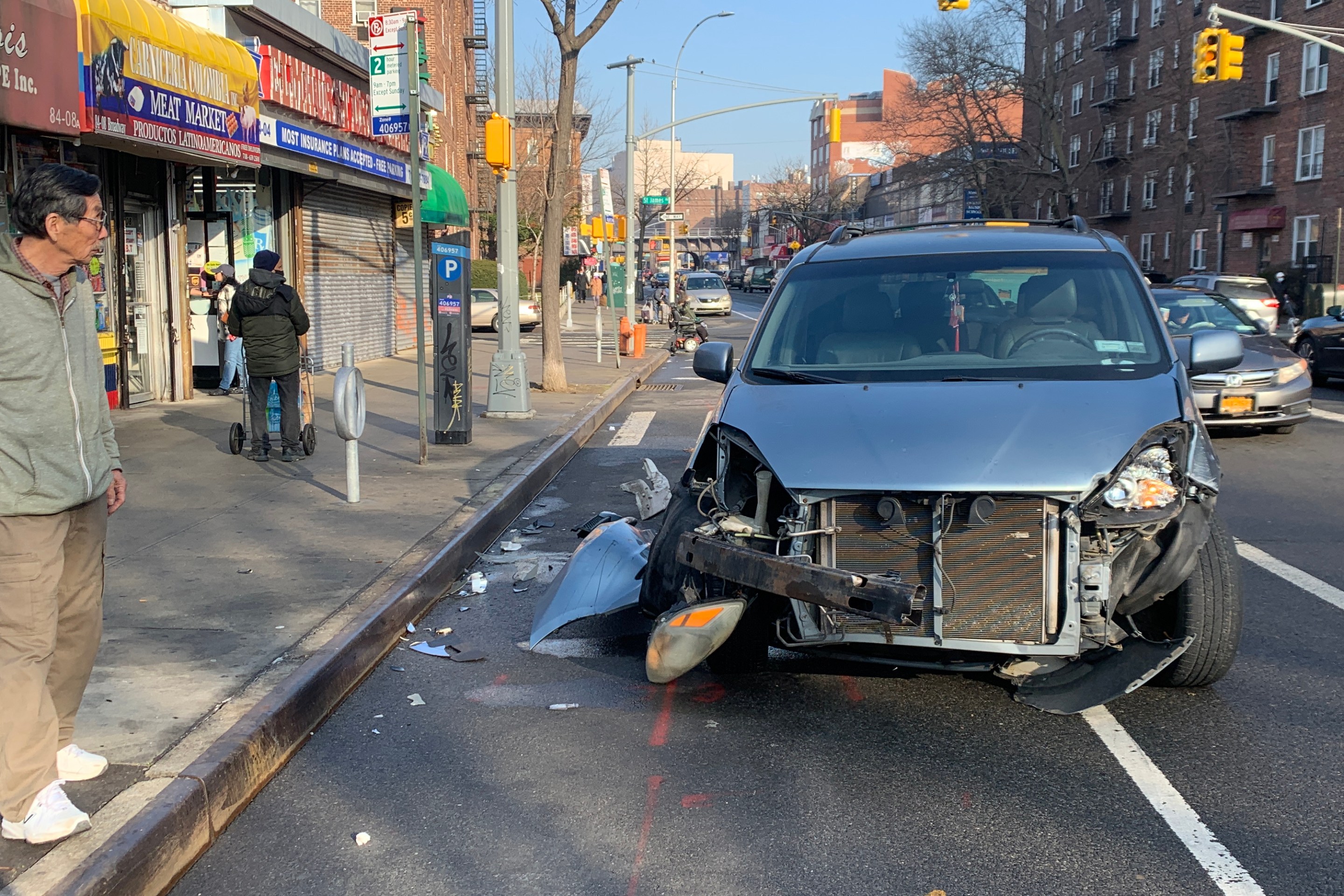When Cabinet secretaries appear in front of Congress' appropriations committees, which control the annual budgets for each federal agency, the proceedings tend to be dry affairs dominated by local concerns and arcane fiscal debates.
But Transportation Secretary Ray LaHood's visit with Senate appropriators today was anything but humdrum, as Sen. Kit Bond (R-MO) challenged him repeatedly to defend the White House's efforts on sustainable development and high-speed rail.
Bond cited a recent Wall Street Journal editorial by Wendell Cox, a conservative pundit who has penned laudatory literature for road lobbying groups, in accusing the Obama administration of frittering away taxpayers' money on high-speed rail.
LaHood fired back, remarking wryly that Bond's home state sought high-speed rail grants and publicly celebrated its $31 million haul. "I got calls on this every day from senators and governors" clamoring for an opportunity to build inter-city passenger rail, LaHood said.
Answering Bond's charge that the rail funding process was less than transparent, the U.S. DOT chief threw in a bold claim: "I don't know of one lobbyist that darkened
our door with an application … that came to our door with the idea they were going
to have some edge."
A November investigation by the nonpartisan Center for Public Integrity found that more than 50 government entities and private companies have hired high-speed rail lobbyists, including the AFL-CIO, the Mayo Clinic, and overseas train manufacturers such as Siemens and Bombardier.
The sharpest exchange between Bond and LaHood came on the topic of walkable local development, which the U.S. DOT has worked to promote through $150 million in 2010 grants and an inter-agency partnership with housing and environmental protection officials.
"What is livability?" Bond asked LaHood, minutes after comparing the task of defining the term to defining pornography. (The origins of that reference are explained here.)
"Communities where people have access to many different forms
of transportation, and affordable housing... maybe they don't want a car, so they can
walk to work or take mass transit to work," LaHood said, using the newly built-up neighborhood surrounding his office as an example.
Bond's reply summed up the challenge of crafting new federal transportation policy in an era marked by rural-urban-suburban culture clashes. "I've got a lot of constituents for whom
livability means having a decent highway," he said. "They've got to drive between one town and
another town."
LaHood gamely tried to put Bond's criticism in perspective, noting that highways received the lion's share -- $27 billion -- of the transportation funding in last year's economic stimulus law.
Yet Bond only dug in his heels, arguing that Americans had shown their eagerness to use roads and bridges but would not embrace rail or walkable infrastructure. "When did it become the responsibility of the federal DOT to
build sidewalks?" the soon-to-retire senator asked, before LaHood that reminded him Congress set up dedicated funding for pedestrian improvements nearly 20 years ago.

